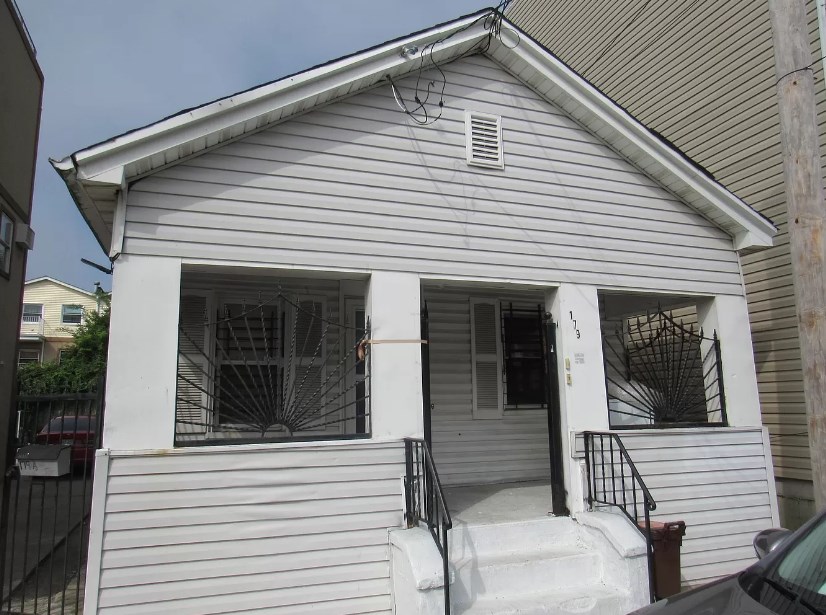 Private Homes For Rent By Owner – Floor Plans: 3 Beds, 1 Bath, $3,000/mo, 600 sqft. Location: 179 Beach 26 St, Far Rockaway, NY 11691. Contact Property: (917) 997-1003. Amenities; Unique: Pets: Cats, Parking: 0 spaces, Building Type: Single Family Residence. Schools: Ps 43, Frederick Douglas Academy Vi High School, Village Academy.
Private Homes For Rent By Owner – Floor Plans: 3 Beds, 1 Bath, $3,000/mo, 600 sqft. Location: 179 Beach 26 St, Far Rockaway, NY 11691. Contact Property: (917) 997-1003. Amenities; Unique: Pets: Cats, Parking: 0 spaces, Building Type: Single Family Residence. Schools: Ps 43, Frederick Douglas Academy Vi High School, Village Academy.
Living Area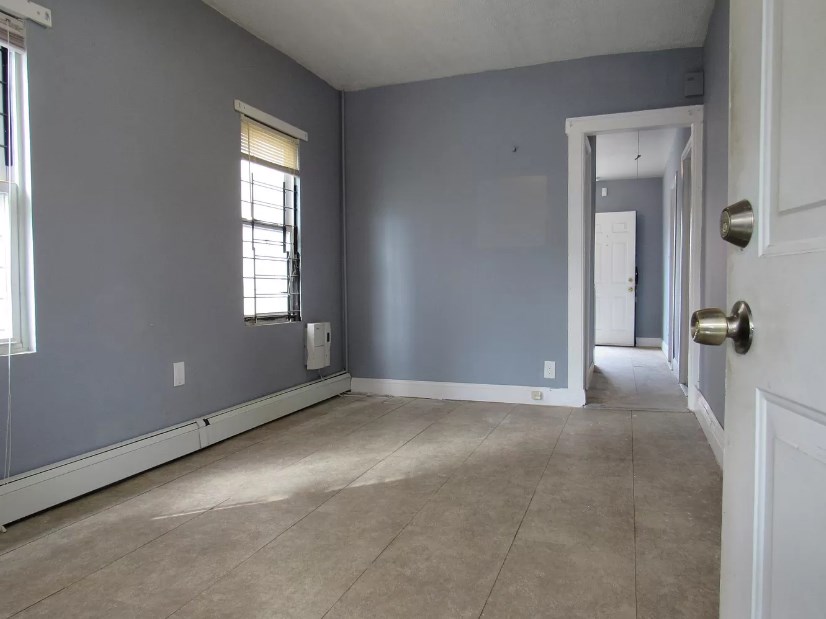
Kitchen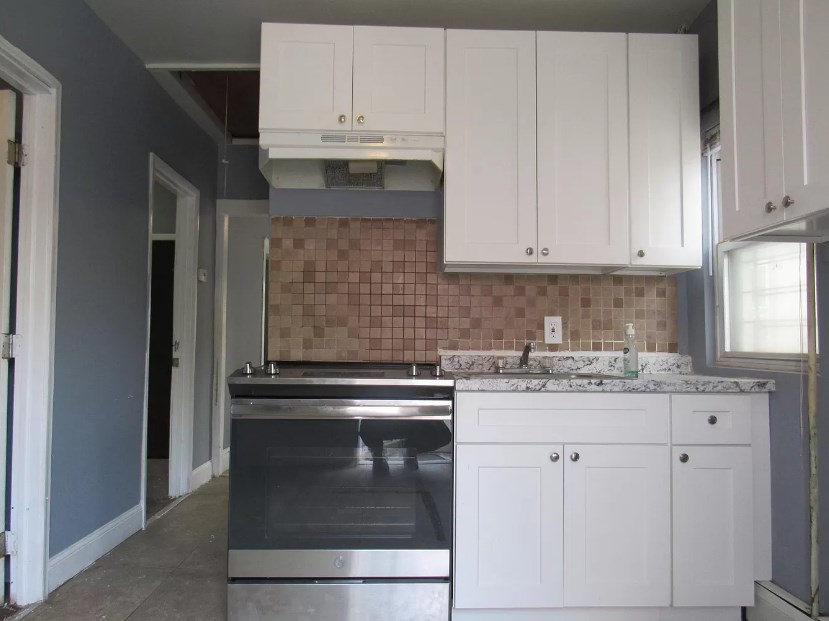
Bedroom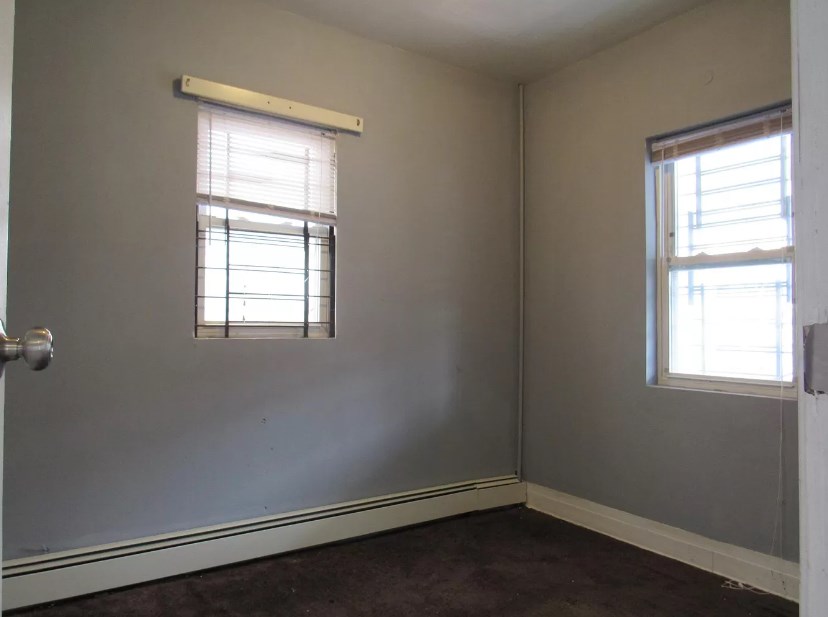
Bathroom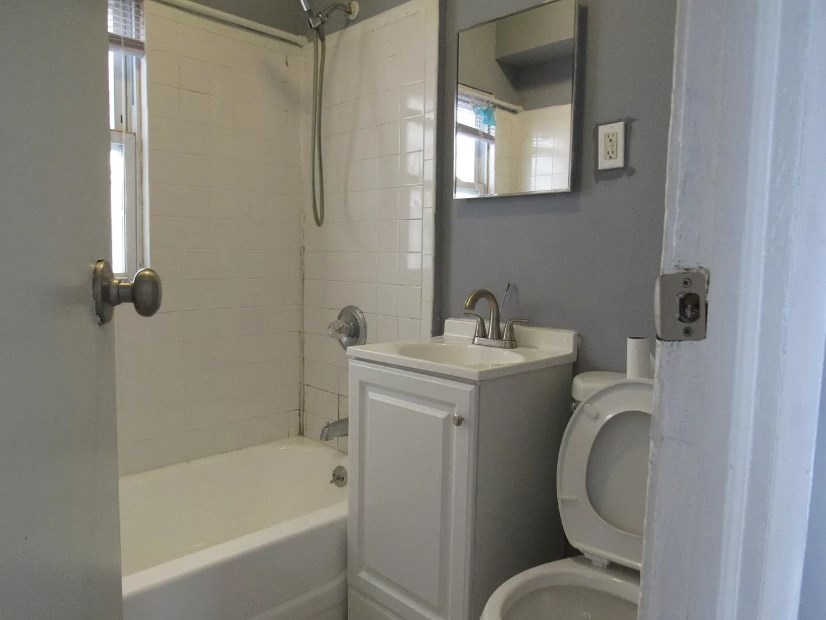
Exterior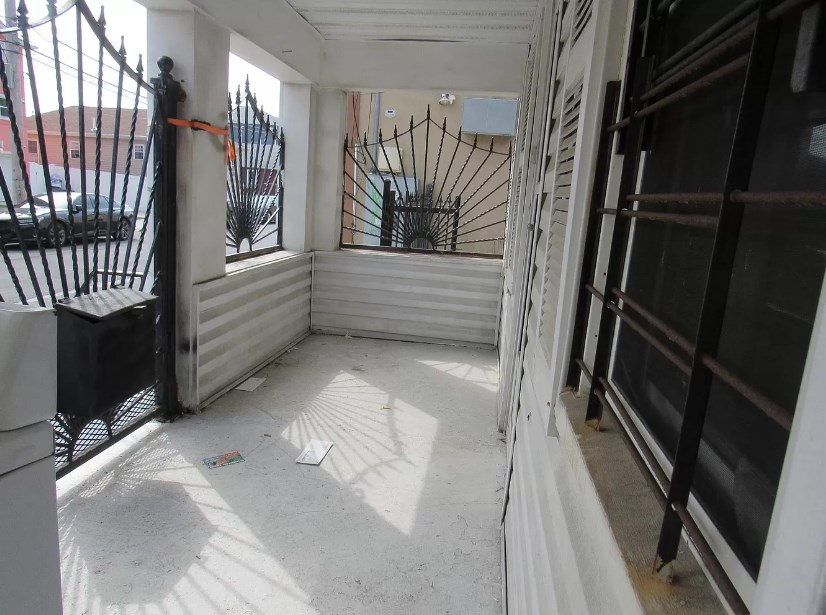
Introduction to Private Homes for Rent by Owner
Private homes for rent by owner refer to rental properties that are owned and managed by individual homeowners, rather than property management companies. These homeowners choose to rent out their properties directly to tenants, without the involvement of a middleman. This type of rental arrangement offers several advantages and can be a great option for those looking for a more personalized and cost-effective rental experience.
Renting a private home from an owner differs from renting from a property management company in a few key ways. Firstly, when renting from an owner, you have direct communication with the person who owns the property. This can lead to more personalized and efficient communication, as there are no intermediaries involved. Additionally, renting from an owner often means more flexibility in lease terms. Owners may be more willing to negotiate on rental price, lease duration, and other terms compared to property management companies that often have stricter policies.
Benefits of Renting a Private Home from an Owner
One of the main benefits of renting a private home from an owner is lower rental costs. Since there is no property management company involved, owners can often offer lower rental prices compared to similar properties managed by companies. This can be especially advantageous for those on a tight budget or looking to save money on housing expenses.
Another advantage is more flexible lease terms. Owners may be open to negotiating lease duration, allowing for shorter or longer-term rentals depending on your needs. They may also be more willing to accommodate specific requests or make adjustments to the lease agreement to better suit your preferences.
Personalized communication with the owner is another benefit of renting a private home. Unlike dealing with a property management company, you have direct access to the owner, which can make communication more efficient and effective. This can be particularly helpful when it comes to addressing maintenance and repair issues, as you can communicate directly with the person responsible for the property.
Furthermore, renting from an owner may result in better maintenance and repairs. Owners have a vested interest in maintaining their property and ensuring tenant satisfaction. They are more likely to be responsive to maintenance requests and address issues promptly, as they are directly accountable for the condition of the property.
How to Find Private Homes for Rent by Owner
Finding private homes for rent by owner can be done through various channels. Here are some common methods:
1. Online listings: Websites such as Craigslist, Zillow, and Rent.com often have listings for private homes for rent by owner. These platforms allow you to search for properties based on your desired location, budget, and other preferences.
2. Word of mouth: Asking friends, family, and colleagues if they know of any private homes for rent by owner can be a great way to find hidden gems. People in your network may have connections or know someone who is looking to rent out their property.
3. Local classifieds: Checking local newspapers or community bulletin boards for rental listings can also lead you to private homes for rent by owner. Many homeowners still prefer to advertise their properties through traditional means.
4. Social media: Joining local community groups or rental-specific groups on platforms like Facebook can provide access to private homes for rent by owner. Many homeowners use social media to advertise their rental properties and connect with potential tenants.
Factors to Consider Before Renting a Private Home from an Owner
Before committing to renting a private home from an owner, there are several factors you should consider:
1. Location: The location of the property is crucial, as it will determine your proximity to amenities, schools, work, and other important places. Consider your lifestyle and needs when evaluating the location of a potential rental property.
2. Size and layout: Assess whether the size and layout of the property meet your requirements. Consider factors such as the number of bedrooms and bathrooms, the size of the living spaces, and the overall layout of the property.
3. Amenities: Take note of the amenities offered by the property, such as parking, laundry facilities, outdoor space, and any additional features that are important to you.
4. Condition of the property: Inspect the property thoroughly to ensure it is in good condition and meets your standards. Look for signs of damage or neglect, and ask the owner about any necessary repairs or maintenance.
5. Rental price and deposit: Consider whether the rental price fits within your budget and if the required deposit is reasonable. Take into account any additional costs, such as utilities or maintenance fees, that may be associated with the property.
Negotiating Rental Terms with Private Home Owners
When renting a private home from an owner, there is often room for negotiation on rental terms. Here are some pointers for effective bargaining:
1. Approach negotiations with a respectful and professional attitude. Remember that you are dealing directly with the owner, so maintaining a positive relationship is important.
2. Common negotiation points include rental price, lease duration, pet policies, and any additional terms or conditions that may be important to you. Be prepared to discuss these points and present your case in a clear and reasonable manner.
3. Research comparable rental properties in the area to support your negotiation position. If you can demonstrate that similar properties are renting for lower prices or have more favorable terms, it can strengthen your negotiation position.
4. Be open to compromise. Negotiations are a two-way street, and both parties should be willing to make concessions to reach a mutually beneficial agreement.
5. Put any agreed-upon terms in writing to ensure clarity and avoid misunderstandings. A written agreement can serve as a reference point for both parties throughout the duration of the lease.
Understanding Lease Agreements for Private Homes for Rent by Owner
When renting a private home from an owner, it is essential to understand the lease agreement before signing. Here are some crucial words to keep an eye out for:
1. Rent amount and due date: The lease agreement should clearly state the monthly rent amount and the due date for payment. Make sure you are comfortable with the rental price and can meet the payment deadline.
2. Lease duration: The lease agreement should specify the duration of the lease, whether it is a fixed-term lease or a month-to-month agreement. Understand the implications of each type of lease and choose the one that best suits your needs.
3. Security deposit: The lease agreement should outline the amount of the security deposit required and any conditions for its return at the end of the tenancy. Ensure you understand the terms regarding the security deposit and any deductions that may be made.
4. Maintenance and repairs: The lease agreement should clarify the responsibilities of both parties when it comes to maintenance and repairs. Understand who is responsible for what and how maintenance issues should be reported and addressed.
5. Termination clause: The lease agreement should include a termination clause that outlines the conditions under which either party can terminate the lease before its expiration. Familiarize yourself with these conditions to avoid any surprises or misunderstandings.
To ensure a fair lease agreement, consider seeking legal advice or consulting with a real estate professional before signing any documents.
Tips for Maintaining a Good Relationship with Private Home Owners
Maintaining a good relationship with the owner of your rental property is important for a positive rental experience. Here are some tips:
1. Communication: Keep lines of communication open and be proactive in addressing any concerns or issues. Regularly update the owner on any necessary repairs or maintenance, and respond promptly to their inquiries or requests.
2. Respect for the property: Treat the rental property with respect and care. Follow any rules or guidelines set by the owner regarding property use, cleanliness, and maintenance.
3. Timely rent payments: Pay your rent on time each month to demonstrate your reliability and commitment as a tenant. Late or missed payments can strain the relationship with the owner and may have legal consequences.
4. Reporting maintenance issues promptly: If you notice any maintenance or repair issues, report them to the owner as soon as possible. Prompt reporting can help prevent further damage and ensure that necessary repairs are addressed in a timely manner.
Common Issues to Watch Out for When Renting a Private Home from an Owner
While renting a private home from an owner can be a positive experience, there are some common issues to watch out for:
1. Lack of maintenance: Some owners may neglect their responsibilities when it comes to property maintenance. This can lead to issues such as leaks, pests, or malfunctioning appliances. Before renting, ensure that the owner has a track record of addressing maintenance issues promptly.
2. Unresponsive owners: Communication is key in any rental relationship. If the owner is unresponsive or difficult to reach, it can make addressing issues or concerns challenging. Before signing a lease, establish clear lines of communication and ensure that the owner is responsive and accessible.
3. Disputes over repairs or damages: Disagreements may arise between tenants and owners regarding responsibility for repairs or damages. To avoid disputes, document the condition of the property before moving in and report any damages or issues promptly. Keep records of all communication and maintain a respectful and professional approach when discussing repairs or damages with the owner.
4. Unexpected rent increases: While rental prices are typically agreed upon in the lease agreement, some owners may attempt to increase the rent unexpectedly. Before signing a lease, clarify any potential rent increases and ensure that they are reasonable and in line with local rental market trends.
How to Resolve Disputes with Private Home Owners
In the event of a dispute with the owner of your rental property, there are several strategies you can employ to resolve the issue:
1. Communication strategies: Open and honest communication is often the first step in resolving disputes. Clearly articulate your concerns or grievances to the owner and listen to their perspective. Seek for areas of agreement and strive to come up with a compromise.
2. Mediation options: If direct communication does not resolve the dispute, consider involving a neutral third party to mediate the situation. This can be a professional mediator or a trusted individual who can help facilitate a resolution.
3. Legal recourse: If all else fails, you may need to explore legal options to resolve the dispute. Consult with a lawyer who specializes in landlord-tenant law to understand your rights and options.
Legal Considerations for Renting Private Homes from Owners
When renting a private home from an owner, it is important to be aware of your legal rights and responsibilities. Here are some key legal considerations:
1. Tenant rights and responsibilities: Familiarize yourself with the rights and responsibilities outlined in your local tenant laws. Understand your rights regarding privacy, repairs, security deposits, and eviction procedures.
2. Fair Housing laws: Ensure that the owner is not violating any fair housing laws by discriminating against you based on factors such as race, religion, gender, or disability. Familiarize yourself with fair housing laws in your area to protect your rights.
3. Local rental regulations: Research any local rental regulations or ordinances that may apply to your rental situation. These regulations may cover issues such as rent control, occupancy limits, or property maintenance requirements.
Conclusion: Is Renting a Private Home from an Owner Right for You?
Renting a private home from an owner offers several benefits, including lower rental costs, more flexible lease terms, personalized communication, and potentially better maintenance and repairs. However, it is important to carefully consider factors such as location, size and layout, amenities, condition of the property, rental price, and deposit before committing to a rental agreement.
Maintaining a good relationship with the owner is crucial for a positive rental experience, and tenants should communicate effectively, respect the property, make timely rent payments, and report maintenance issues promptly. While there can be some common issues to watch out for, such as lack of maintenance or unresponsive owners, these can often be mitigated through open communication and proactive problem-solving.
Understanding lease agreements, negotiating rental terms, and being aware of legal considerations are also important aspects of renting a private home from an owner. By considering all these factors and making informed decisions, you can determine whether renting a private home from an owner is the right choice for you.
 Houses for Rent Finding info about Houses for rent
Houses for Rent Finding info about Houses for rent




